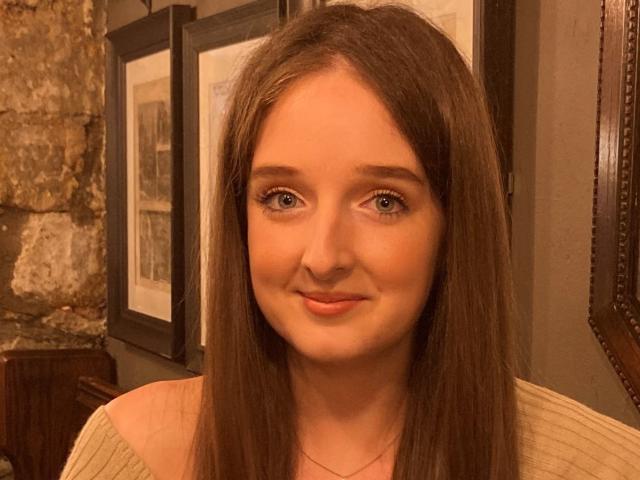
Endometriosis research is "key to making progress for patients.”
3 April
Research funded by Health and Care Research Wales aims to improve quality of life for the one in 10 women in Wales living with endometriosis and reduce the wait for a diagnosis.
Endometriosis is a progressive, incurable disease where tissue similar to the lining of the womb grows elsewhere in the body. This tissue builds up and can bleed monthly, similar to a period, but is unable to leave the body. This can lead to inflammation, bleeding, pain and scar tissue forming.
This condition can be debilitating, impacting physical and mental wellbeing, time in education and productivity at work. However, it takes an average of nine years to be diagnosed.
Rachel Joseph, a PhD student at Cardiff University funded by Health and Care Research Wales, is investigating how to improve initial conversations between patients and GPs, to improve symptom identification and speed up diagnosis. Rachel said:
The lengthy wait [for diagnosis] can significantly impact quality of life, not just through managing debilitating pain and physical symptoms, but the knock-on effects on jobs, education or relationships. "
Making early communication with healthcare practitioners more effective could improve patients’ quality of life and reduce the need for unnecessary testing, referrals or more costly and invasive treatment further down the line.
Rachel’s research will evaluate the Endometriosis Cymru website and symptom tracker, as well as interviewing patients, GPs and specialist endometriosis nurses.
One patient involved in the study is Beth Hales from Penarth, who was diagnosed with endometriosis in 2015 after almost 20 years of painful periods and fertility issues. Beth said:
I hadn’t even heard of endometriosis until I was diagnosed. One of the main barriers is the lack of research into the condition. Knowledge is power and research is the key to that. This disease needs to be understood more widely in order to make progress for patients. Thanks to research like Rachel’s I can reassure my daughters that things will be different for their generation."